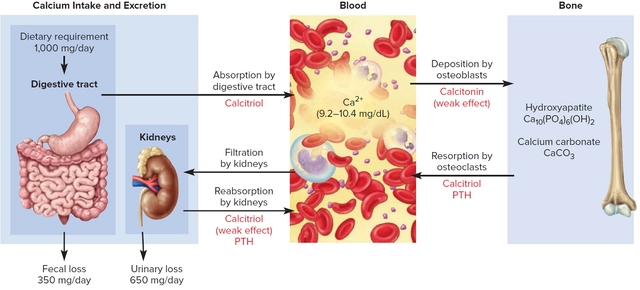Wellbutrin SR (bupropion): What to know before you start
Wellbutrin SR is a sustained-release form of bupropion used for depression and to help people quit smoking. Unlike some antidepressants, it often boosts energy and can cause less weight gain. That makes it a common choice if fatigue or low motivation are major problems.
How it works and when doctors prescribe it
Wellbutrin affects brain chemicals—mainly norepinephrine and dopamine—to improve mood and focus. Doctors prescribe it for major depressive disorder and as a smoking-cessation aid (the same drug is marketed as Zyban for quitting smoking). It’s also used off-label for ADHD symptoms and seasonal affective disorder in some patients.
Not everyone is a candidate. People with a history of seizures, bulimia or anorexia, or recent alcohol withdrawal usually shouldn’t take bupropion because it raises seizure risk. Your doctor will ask about your medical history and other meds before prescribing it.
Dosing, side effects, and safety tips
Typical start: 150 mg once daily for the first few days, then 150 mg twice daily (total 300 mg/day). Take doses at least 8 hours apart—morning and early afternoon works best—to reduce insomnia and seizure risk. Do not crush or chew sustained‑release tablets.
Common side effects: dry mouth, trouble sleeping, headache, sweating, jitteriness, and sometimes weight loss. Most fade after a few weeks. Serious but rare risks include seizures and severe allergic reactions. If you notice new or worse anxiety, panic, suicidal thoughts, or a seizure, contact your provider right away.
Drug interactions matter. Avoid combining Wellbutrin with MAO inhibitors and be cautious with other drugs that lower seizure threshold. Alcohol can increase risk for seizures and make mood symptoms worse. Bupropion is metabolized partly by CYP2B6, so some medicines can change its levels—tell your clinician all prescription and over‑the‑counter drugs you take.
Missed dose? Skip it if it’s close to your next dose—don’t double up. If you plan to stop the drug, work with your doctor to taper when needed. Sudden stopping can bring back depressive symptoms or cause withdrawal reactions for some people.
Pregnancy and breastfeeding: discuss risks and benefits with your prescriber. For many people, the decision balances mental health needs against medication risks for mother and baby.
Practical tips: take the second dose by mid-afternoon to avoid sleeplessness, keep a symptom journal for the first month, and schedule a follow-up within 2–4 weeks. If side effects are intolerable or it doesn’t help, there are several alternatives—talk options through with your clinician rather than switching on your own.
If you want personalized advice or have concerns about interactions or seizure risk, contact your healthcare provider or pharmacist. Wellbutrin SR can work well for the right person, but safety checks and follow-up make the difference.
8 Alternatives to Wellbutrin Sr
Wellbutrin Sr is a medication commonly prescribed for depression and anxiety, but it's not the only option. Exploring alternatives like Celexa can offer different benefits and drawbacks based on individual needs. This article breaks down eight alternatives, providing insights into their pros, cons, and what might make them a good choice for those considering a switch. With the right information, finding the right medication can become a less daunting task.
About
Medications
Latest Posts


Antiseizure Medications and Generic Substitution: Risks and Best Practices
By Marcel Kornblum Nov 14, 2025

Phenibut: The Natural Solution for Anxiety, Stress, and Sleep Disorders
By Marcel Kornblum Jun 27, 2023

Older Adults on SSRIs: How to Prevent Hyponatremia and Falls
By Marcel Kornblum Nov 18, 2025

